 Your new post is loading...
 Your new post is loading...

|
Scooped by
Gust MEES
|

|
Scooped by
Gust MEES
|
This concept of connection with the community is an exciting and interesting part of the Wayfinding Academy. While there will be some core courses of study for each student, Michelle envisions learning experiences where you walk into the room and find it hard to tell who is professor, full-time student, and who is a community member participating for personal growth and interest. It is a vision for an open learning community, one that blurs the distinctions between what happens in the school and what happens in the community. Students will spend signficant time in the community, and community members will hopefully be engaged and present in the school. As I listened to Michelle explain this vision, I pictured a community where the role of teacher and student is played by all.

|
Scooped by
Gust MEES
|

|
Scooped by
Gust MEES
|
There is an emerging opportunity to boost student achievement and improve working for teachers here in the U.S--and a huge opportunity to expand access to quality learning to every young person on earth.

|
Scooped by
Gust MEES
|
It is this kind of experience, I believe, that leads to global understanding. People who travel abroad with an open mind can experience this. (Note –open mind required!) It goes beyond “global competency.” Don’t get me wrong – global competency is essential for our students’ future success – and certainly better than nothing, but there is a huge difference between knowing something –and really understanding something.
“Education is a kind of dynamic movement where improvements are based on the specific ability and competences of teachers. Turning our classical liceo into a modern liceo, using instruments to improve innovation and teaching, is our main goal. […] Our students go from absorbing lessons like a sponge into actors that play a real role in a cooperative technologically-supported class.”

|
Scooped by
Gust MEES
|
There's a movement brewing to change the way colleges and universities award degrees from the credit-hour to a model that asks students to prove what they've learned, no matter how long it takes.

|
Scooped by
Gust MEES
|
Radical personalization is the core innovation of the Big Picture school model--it was flex before we knew what to call it. Their approach to internships remains a best practice. Twenty years afte... As Littky describes in The Big Picture, a 2004 ASCD book, the innovative interest-based school model is focused on educating one student at a time. Students are “assessed on their performance, on exhibitions and demonstrations of achievement, on motivation, and on the habits of mind, hand, heart, and behavior that they display – reflecting the real world evaluations and assessments that all of us face in our everyday lives.”

|
Scooped by
Gust MEES
|
The flipped classroom model generated a lot of excitement initially, but more recently some educators -- even those who were initial advocates -- have express “One of the most important skills that any student can learn is where to go for information and resources,” Sams said. Instead of following a rigid curriculum, the two teachers decided on the key learning objectives of the class — the things they felt their students really needed to know –and structured the class around those. Then they offered students a menu of resources that included instructional video, some sort of practice and links to the corresponding section of a textbook. The teachers became resources and helped provide benchmarks to keep students on track.
In order to implement modern technology in your classroom, you better know about the important skills modern teachers must have in order to succeed.
Via Ana Cristina Pratas

|
Scooped by
Gust MEES
|
MC2 STEM High School is an unusual year-round public school of about 270 students, located in Cleveland, Ohio. The school emphasizes integrated project-based learning, partnerships with business professionals, and real-world internship experiences
===> to help students understand the crucial link between academic achievement and their future economic success. <=== We visited their school and spent time with the dedicated adults and enthusiastic students who have helped create the school’s success. Take a look at this video for a glimpse into three students’ experiences there.
|

|
Scooped by
Gust MEES
|
Perhaps the most important reason for developing metacognition is that it can improve the application of knowledge, skills, and character qualities in realms beyond the immediate context in which they were learned. This can result in the transfer of competencies across disciplines—important for students preparing for real-life situations where clear-cut divisions of disciplines fall away and one must select competencies from the entire gamut of their experience to effectively apply them to the challenges at hand. Even within academic settings, it is valuable—and often necessary—to apply principles and methods across disciplinary lines. Learn more / En savoir plus / Mehr erfahren: http://www.scoop.it/t/21st-century-learning-and-teaching/?tag=Four-Dimensional+Education%3A+The+Competencies+Learn

|
Scooped by
Gust MEES
|
When speaking with colleagues or friends, most of whom are higher education graduates, I often hear the following: I was rubbish at maths, I don’t remember anything; after high school I couldn't even hold a conversation in English; we didn't learn anything about the origin of religions; I memorised the periodic table in chemistry class but I've completely forgotten it all, etc.
If even those who were the most successful in their studies feel that they are lacking entire sections of fundamental knowledge, what is the situation for those who left school early? What purpose does it serve to learning things at different educational levels when these things become dead knowledge when we never use them again?
Reflections such as these often arouse an interest in using competences in teaching. The objective here is not to replace the traditional knowledge that has come to us from the major disciplines with more practical but less lofty competences. On the contrary, the aim is to clearly identify the skills and knowledge – defined as competences – that are indispensable for these important fields, and to organise teaching and learning in a way that guarantees a command of these.
Learn more:
https://gustmees.wordpress.com/2015/07/19/learning-path-for-professional-21st-century-learning-by-ict-practice/
http://www.scoop.it/t/21st-century-learning-and-teaching/?tag=Competency

|
Scooped by
Gust MEES
|
Maximizing Competency Education and Blended Learning

|
Scooped by
Gust MEES
|
Being a proper digitally competent teacher is not as simple as picking up an iPhone and tweeting. You need to be a good digital citizen, understand privacy, and more. In an effort to clarify and explain some of the most important characteristics that a digitally competent teacher must have, we whipped up this fun visual. [...]

|
Scooped by
Gust MEES
|
One of the most exciting ideas presented in the paper is what we truly believe to be the future of teacher preparation and ongoing development--micro-credentials, likely displayed as digital badges--that would signify accomplishment and measure and reward competency-based outcomes for educators. . Learn more: . - http://www.scoop.it/t/21st-century-learning-and-teaching/?tag=Competency

|
Scooped by
Gust MEES
|
From flipped classrooms, to 1:1 programs, MOOCs and project based learning, there are a lot of educational trends to keep up on. Like competency based education.

|
Scooped by
Gust MEES
|

|
Scooped by
Gust MEES
|
New OECD study finds that U.S. adults rank low on literacy and numeracy, with dire implications for the future

|
Scooped by
Gust MEES
|
A guest post from Brent Capriotti, Curriculum Consultant for Pearson, looks at competency based learning and the idea of the 'mastery over minutes' concept. CBL courses are personalized for students based on their incoming competency and areas of need. Students can focus on higher order thinking skills and higher value outcomes can be applied. They also have the freedom to accelerate their coursework and program completion. In many cases, curriculum is customizable to fit specific areas of student competency, versus “one size fits all” courses, directly altering the development and execution of the course.
Course and topic level outcome data, or data rolled up to higher levels such as program and institutional outcomes, gives institutions detailed information for institutional assessment and improvement efforts. The data is timely, relevant and actionable, at the course or program level.

|
Scooped by
Gust MEES
|
Ask an educator about what it's like teaching a room full of students, and you'll likely hear a similar refrain: No two kids learn the same way or grasp concepts at the exact same time.As a result, educators often say they resort to “teaching to the middle.” More schools are starting to question whether traditional age-based classrooms are the best way to go, and to change the dynamic of teaching to the middle, they’re experimenting withcompetency-based learning, a system that moves kids along at different paces once they’ve shown they can grasp a key concept of a unit. Kim Carter, executive director of QED Foundation, is a big supporter of competency-based learning.

|
Scooped by
Gust MEES
|
A chemist with no formal security training has become the latest self-taught high achiever to win the UK Cyber Security Challenge, fending off thousands of rivals in a series of competitions run over the last year.
|



 Your new post is loading...
Your new post is loading...

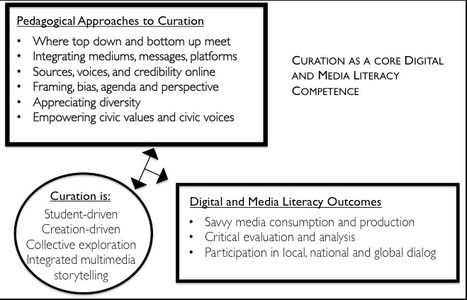

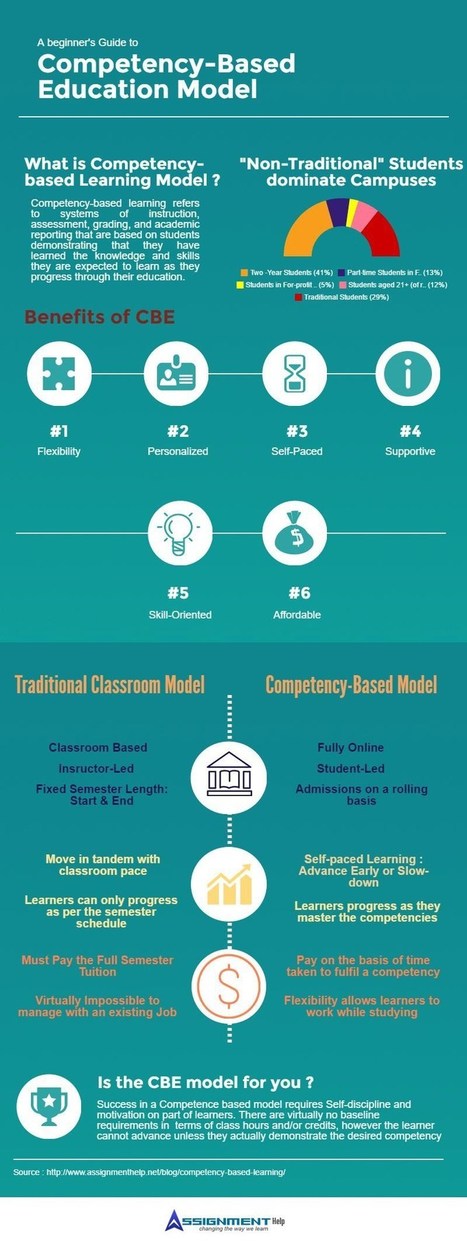
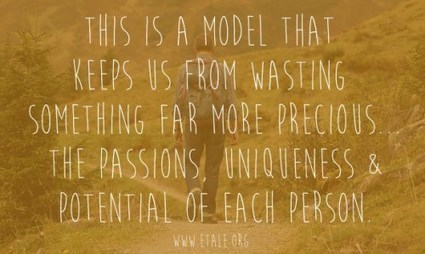










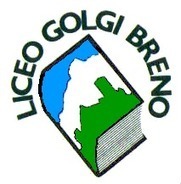



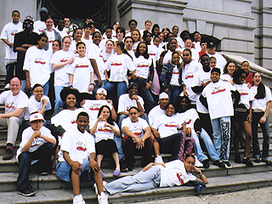
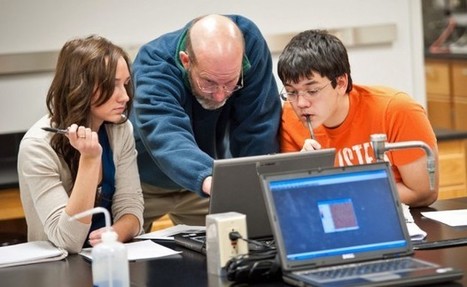
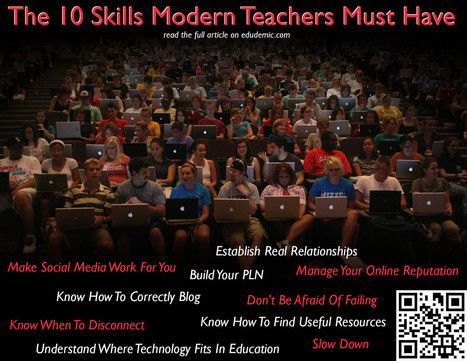

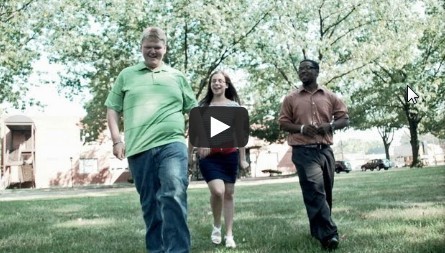
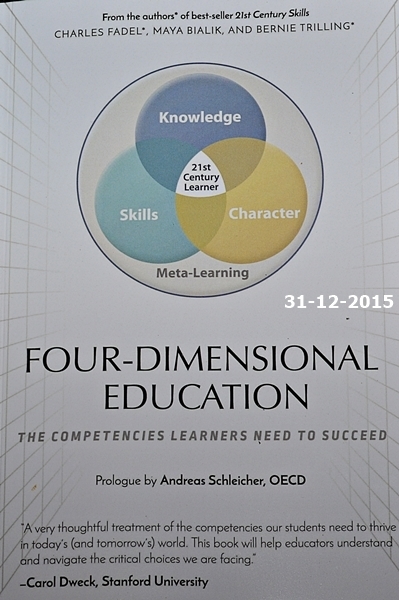










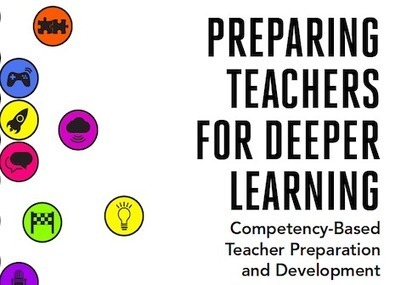
![6 Core Benefits of Competency Based Education [Infographic] | 21st Century Learning and Teaching | Scoop.it](https://img.scoop.it/Alx2D24Ah01b5vQrtOSU5Tl72eJkfbmt4t8yenImKBVvK0kTmF0xjctABnaLJIm9)











This concept is new to me, although I have practiced this in different forms. It seems logical to utilize this pedagogical approach to curation for students, parents, and teachers alike. We are all learners in today's rapid pace in technological changes.